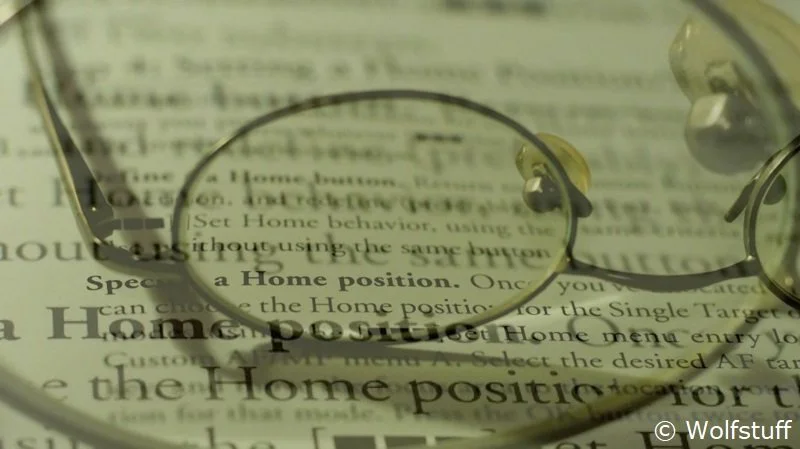Word Ladder
And the Mystery of Language
One day, not so long ago, I scaled the ladder of language all the way up into wordlessness. I’m not sure exactly how that happened, but suddenly I found myself utterly languageless and what an amazing feeling that was.
Was I halfway through a poem or was I meditating? I don’t remember, but I do remember that every word I saw and caught in my word net to ponder and savor seemed increasingly diaphanous, more and more delicate, more and more meaning and less and less word, until finally I reached the top rung and then took another step into pure concept, language waving good-bye from below saying something that I took to mean “You be careful up there now, you hear.”
Few things are as fascinating to me as language, and I have pondered language a lot.
Over the years: How come children between the ages of six months and four or so years so effortlessly acquire all the words and idioms, not to mentions all the intricacies of an often elaborate and convoluted grammar (say German or, heaven forbid, Finnish), if they didn’t already know—or at least already knew the rudiments of words and grammar?
I am pretty much convinced (some days more convinced than others) that newborn children possess some sort of language blueprint from earlier lives (possibly DNA encoded) which they use to assimilate and reconstruct their new language (and sometimes more than one language, say with bilingual parents) in their current lives.
For children and language, to me, is one of those “when you really stop to think about it” miracles. True, since this happens to everyone, everywhere, it certainly does not appear miraculous to the man in the street, or the baby in the crib, but is a miracle any less a miracle for happening every day, and to so very many?
Take Swedish for example, my crib-to-four-or-so tongue.
Bear with me through a little background: Swedish nouns have one of two grammatical genders: common (utrum) and neuter (neutrum), which determine their definite forms as well as the form of any adjectives and articles used to describe them. And here’s the rub: noun gender is purely arbitrary and must be memorized—word by word.
Now, the indefinite article used for neuter gender is “ett”, as in “ett bord” (a table), “ett skåp” (a cupboard), “ett hav” (an ocean), and “ett plåster” (a band-aid).
The indefinite article used for the common gender is “en”, as in “en saga” (a fairy tale), “en bil” (a car), “en tomat” (a tomato), and “en kväll” (an evening).
That said, to make things a little, but not much easier, the majority of Swedish nouns are of the common variety, which includes most living beings, as in “en katt” (a cat), “en häst” (a horse), “en fluga” (a fly), and so on. But not, say, “ett marsvin” (a guinea pig).
The definite article in the singular is generally the suffixes “-en” or “-n” for common nouns, as in “flaskan” (the bottle) and “-et” or “-t” for neuter nouns, as in “brevet” (the letter).
In other words, every Swedish noun (and there are obviously tens of thousands of these critters) takes one of these two indefinite articles (either “en” or “ett”), and there is neither rhyme nor much reason as to which noun takes which article. Yet, by the age of four or so most kids have it down to a tee. No matter how this happens, it’s miraculous.
It might even be, I have speculated at times, that each newborn child carries a full library of mental blueprints—one for each language on earth (God’s fault when he destroyed Babel, but that’s another story)—to be scoured for the right blueprint to then be picked up and dusted off (updated, surely) for use again in his or her new setting.
Impossible? Sure it is. But so is the liver. How does it know to filter poisons, and how to do it effectively and efficiently? Or, how do T-cells recognize and battle a virus. That’s impossible, too. All of it impossible. Still, it happens every day, and that makes it possible—but no less of a miracle.
In other words, every child learns his or her new language(s) far too smoothly for comfort, is what I think.
As in miraculously.
::

